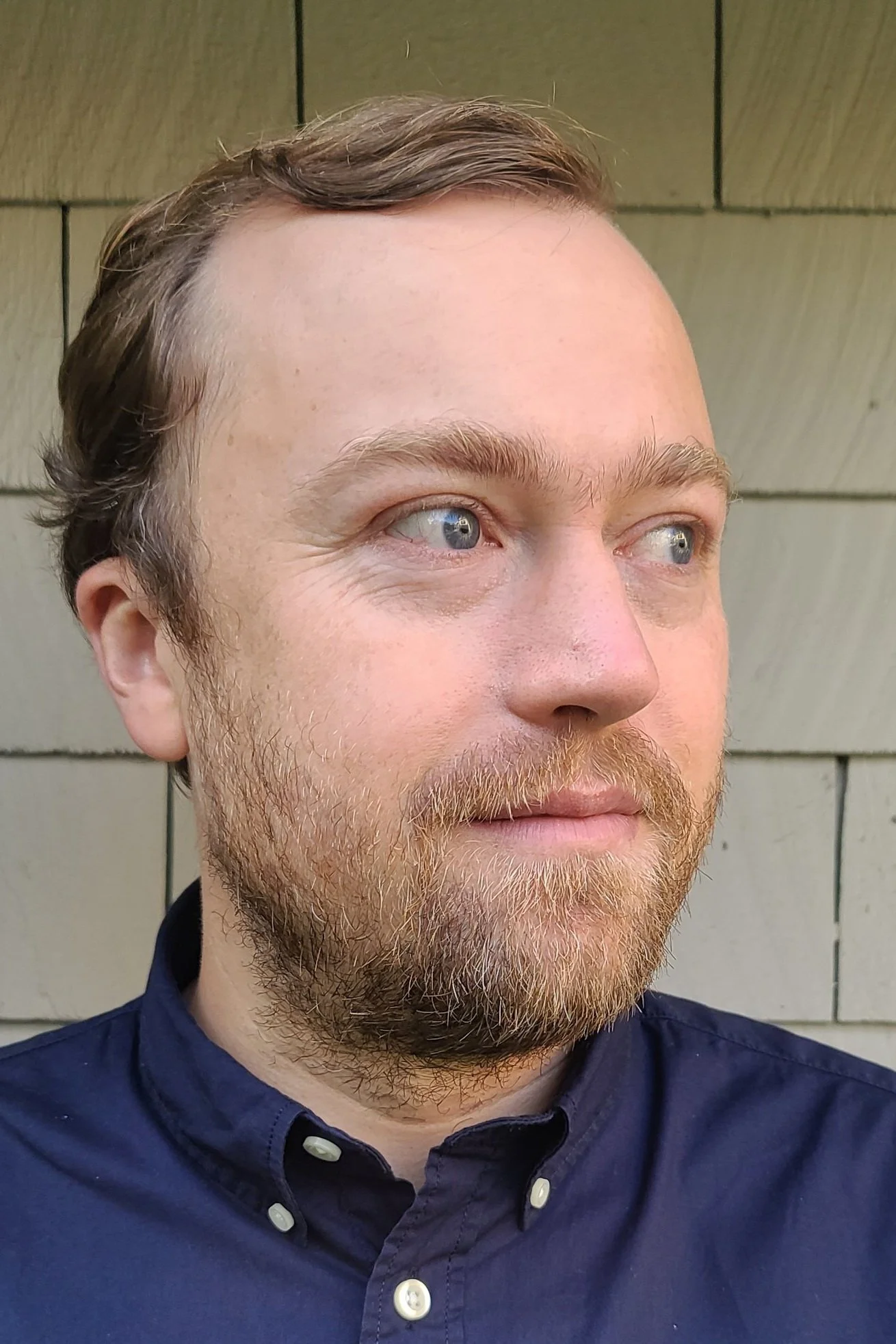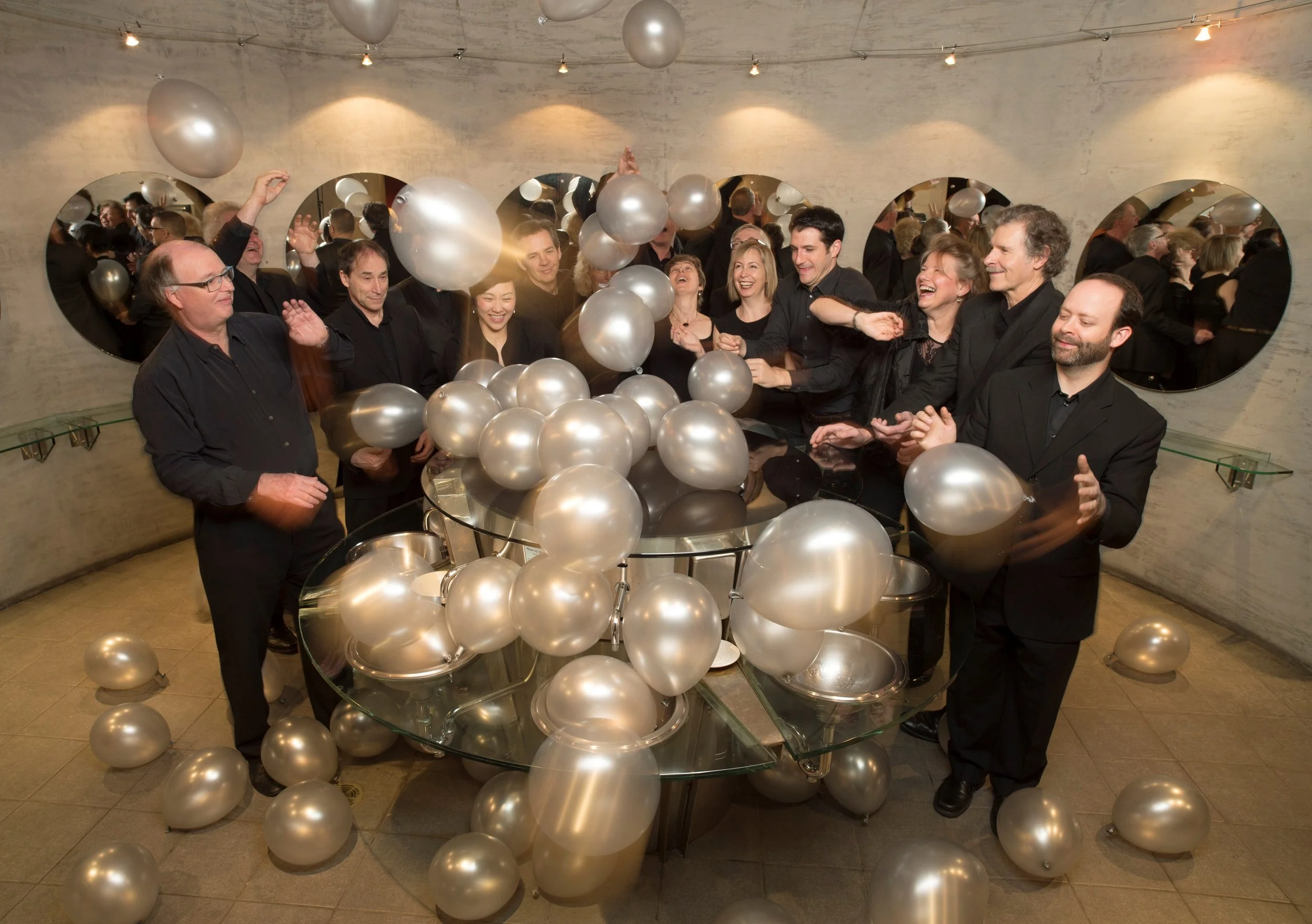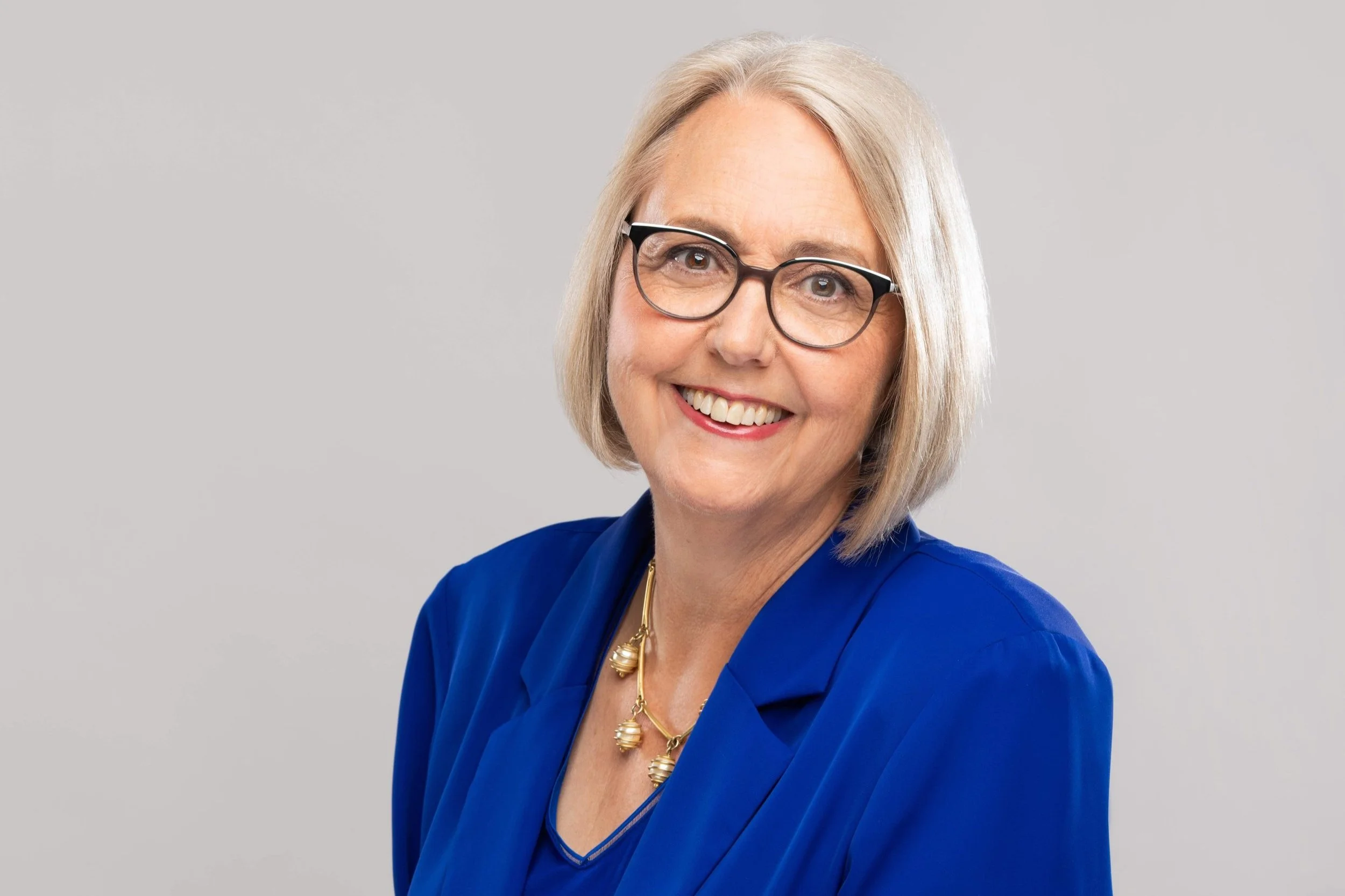Bonding over difficult birth stories, composer and violist deliver a new creation at Inhale/Exhale
In Taylor Brook’s Provenances, Turning Point Ensemble players synchronize their breathing, while soloist Marina Thibeault takes on the mother’s role
Composer and microtonal adventurer Taylor Brook.
Violist Marina Thibeault. Photo by Matthew Perrin
Turning Point Ensemble presents Inhale/Exhale at the Chan Shun Concert Hall on February 27
FACING A DESPERATE barrage of information, misinformation, and disinformation, a stealth pandemic that’s still raging in areas beyond the reach of vaccines and reportage, and a faux-populist army of Quisling bullies, it can be hard to remember to breathe. But breathe we must, and one of the joys of music is that it can clear a space for relaxation, contemplation, or even stillness—a place where we can both literally and figuratively catch our breath.
Now, we can’t necessarily claim that this is the Turning Point Ensemble’s mandate for its upcoming Inhale/Exhale concert. Modern music makes some people nervous, and with scores from Arcade Fire guitarist Richard Reed Parry, Bowen Island composer Nova Pon, and microtonal adventurer Taylor Brook on the program there’s a good chance that the evening will include moments of agitation, abstraction, and dissonance. But Brook’s Provenances, at least, is music that’s born out of loving impulses—and danger.
Effectively a collaboration between soloist Marina Thibeault and the Victoria-based composer, this concerto for viola and chamber orchestra starts from an experience everyone shares—the moment of birth—and expands outward to encompass both family and community from a perspective informed by the artists’ shared interest in yoga, meditation, and other mindfulness techniques. Even more important, though, is that while Thibeault and Brook initially bonded over music, they have some significant life experiences in common.
As Thibeault tells it—while taking a day off to nurse her daughter through a fever—the two met at a concert in Montreal. On that program the violist was playing Brian Cherney’s Shekhina, inspired by a photograph that Cherney had seen of a Hungarian Jewish woman and her children, taken just before they were separated and sent to Auschwitz. “What the photograph suggested,” the violist recalls, “was that this was probably the last time she would see her children. This kind of interested me, [because] once you are a parent, once you give birth, it’s almost like it’s already out of your hands.”
Brook and Thibeault met for a drink after the concert, and discovered that not only did they share this philosophical stance, they’d each had a traumatic experience during the births of their first children.
“I had a very, very low-risk pregnancy, and I loved being pregnant. In fact, I was pregnant six months after delivering my first child, because I just loved being pregnant. It’s like my favourite thing in life is to be pregnant and to give birth,” Thibeault notes. But after the baby arrived, she continues, “the midwives, they looked super-worried, and they were not really telling us what’s going on. We’re full of hormones: we’re feeling high, we’re feeling in love. And then they say ‘It looks like she’s not breathing properly,’ and the ambulance arrives, and then suddenly we’re in the children’s hospital and we’re told we can’t really touch our child for five days. So that was super-unexpected and traumatizing, because we had no control over it.”
With Brook, his partner was more than three weeks past her due date when her doctors decided to induce labour. “The first way of doing an induction didn’t work, the second way didn’t work, the third way didn’t work,” he says in a separate telephone interview from Victoria. “There were all sorts of really extreme contractions, but nothing productive. There were 24 hours of this, leading to an emergency Caesarean, and so it was just this very traumatizing, difficult experience. More so for my partner than for me, but for both of us, obviously.”
After bonding over birth trauma, the two musicians decided they needed to work together. “We went ‘You know, I think the world is ready for a piece of music around childbirth and around the uncertainty and the unexpected journey and the surrendering,’” Thibeault says. “And in this piece, it’s really like the mother is the soloist. And giving birth really resembles a performance. It’s an event; you have to prepare for it; and you’re kind of on your own. I mean, there’s a team around you, but you need to push. You need to deliver, quite literally.”
Turning Point Ensemble synchronize their playing to the rate of their heart in one piece at Inhale/Exhale, and then synchronize their breathing in another.
“What Marina and I wanted to do was to reflect on that, but also kind of extend that out as a kind of universal human experience of growing and changing and overcoming difficulty,” Brook notes. “It doesn’t even necessarily have to be birth, although for us, that’s what it was.”
Like Reed Parry’s Duet for Heart and Breath and Interruptions (Heart and Breath Nonet), which call for the performers to synchronize their playing to the rate of their heart (as monitored via stethoscope), Provenances incorporates a direct link to the experience it describes. At points in the score, the performers are asked to synchronize their breathing, much as a mother might during labour—or as Thibault’s yoga students might during a class. (Before being hired to teach viola and chamber music at UBC, she was an instructor at Montreal’s Sivananda Yoga Centre.) Brook has also built what he describes as a ”childlike, or almost simplistic” sweetness into the score through his use of a non-tempered tuning that emphasizes the natural harmonic series. No doubt this will be particularly appropriate in Provenances’ other incarnation: the viola part is meant to be portable, so that it can be played, without accompaniment, in birthing suites and hospital wards.
There’s a lot to unpack in this thoughtful and challenging piece—but other ways it’s as basic as life itself.
















